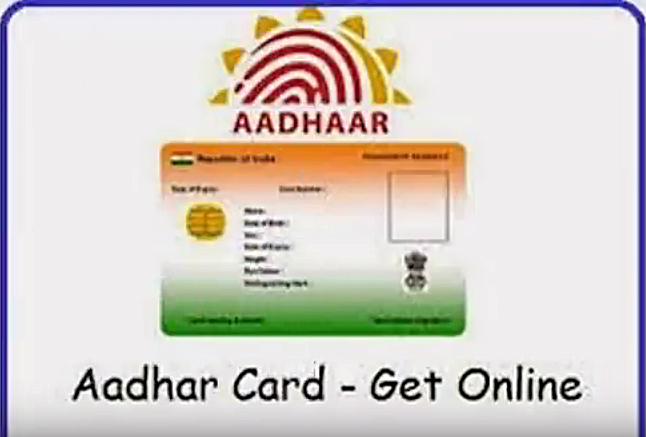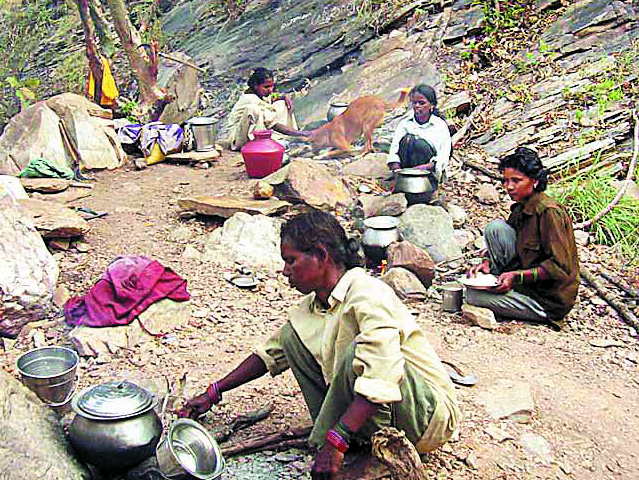At the beginning of last week, The Hindu ran a story about a pregnant Yanadi girl and the efforts of her family to get proper care for her. The focus of the report was on the need for her to get an identification card so she could obtain the care that she is entitled to. She and her husband clearly needed help in navigating the bureaucratic system, particularly since she had no way to prove her identity.

The young couple shared their story with the reporter. The husband’s identity card, called an Aadhaar card, indicates he is 16 years old and his wife is younger, though they don’t know her exact age. With the permission of their families, they got married two years ago. They collect plastic trash to earn a living.
In October they left the city of Vijayawada to return to Pedana, their home town in the Krishna district of Andhra Pradesh, to seek help from their families. They confirmed she was pregnant. They decided to seek advice from the local Accredited Social Health Activist, Ms. K. Mary Varakumari. The ASHA is a system of health workers established by the Indian government. Ms. Varakumari told the reporter that the girl and her in-laws visited her during the last week in October. The girl got the appropriate tests: she is expecting her baby in February.

She went to the Anganwadi center, part of the Indian rural care system for children. The staff there prescribed a nutritious food program for her. The administrator of the Anganwadi facility, P. Devikarani plus Ms. Varakumari from the ASHA program both advised the girl to obtain her Aadhaar card so she could be admitted to a government hospital and have a safe delivery. Without the official registration and the card that proves it, she could not participate in the national health system.
Ignorant of the government requirements to gain access to a hospital, the couple was planning to have her deliver their baby at home. The couple also lacked their own birth certificates and a certificate of their marriage. It sounds as if the Yanadi youngsters, with the help of supportive family members and concerned officials in the Krishna District, may get good, even if unexpected, medical care from the health system—once they obtain the necessary forms, that is.